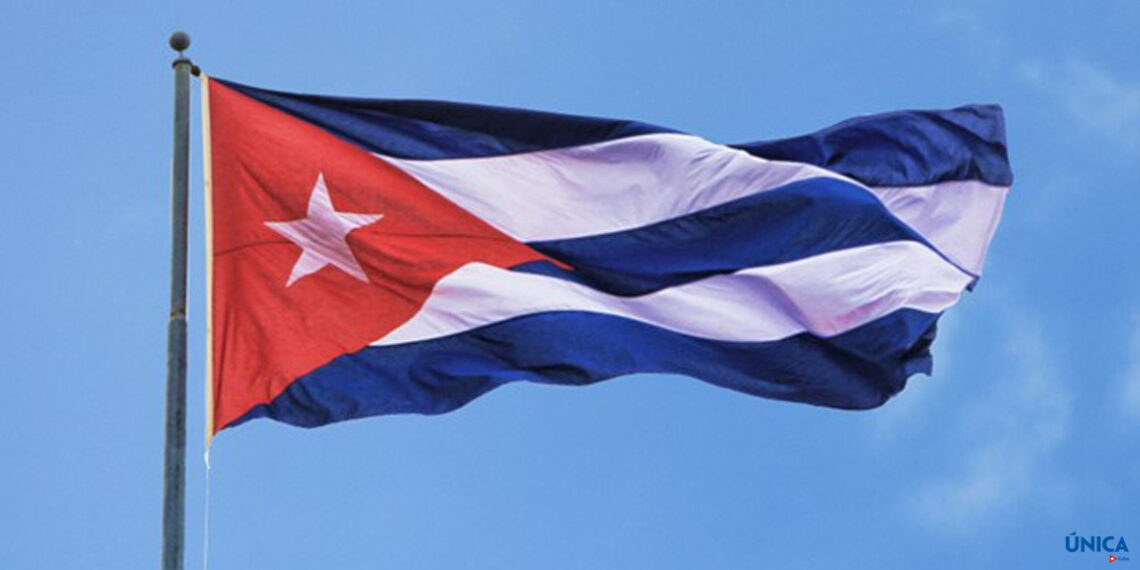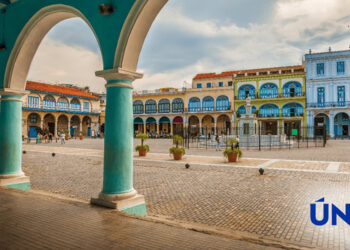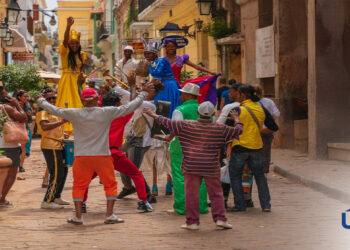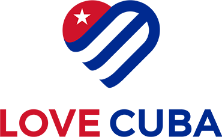July 26th is one of the most important dates in Cuban history. Why? It’s Cuba’s National Revolution Day.
All about Cuba’s National Revolution Day
Cuba’s National Revolution Day, or “Dia de la Revolución,” marks the anniversary of the start of the Cuban Revolution in 1953. This holiday commemorates the efforts of the revolutionaries led by Fidel Castro, who overthrew the dictatorship of Fulgencio Batista and established a socialist government.
The meaning of Cuba’s National Revolution Day
National Revolution Day gives Cubans an opportunity to reflect on their country’s history and heritage. The Cuban Revolution was a pivotal moment in the nation’s history, and it marked a significant turning point in Cuba’s political and social development. The revolutionaries who fought to bring about change were motivated by a desire to create a more just and equitable society where all Cubans would have access to the same opportunities and rights.
For many Cubans, the revolution remains an essential celebration of national pride and identity. The country’s leaders have worked to preserve the memory of the revolution with monuments, museums, and other cultural institutions dedicated to celebrating this critical period in the country’s history. National Revolution Day is a time for Cubans to come together as a community to honour these traditions and reflect on the progress made since the revolution.
How to Celebrate National Revolution Day in Cuba

National Revolution Day is a great time to visit Cuba – the streets are buzzing with events and celebrations. This country celebrates this holiday on July 25th, 26th, and 27th, making it a full three days of festivities. Offices, schools, and several businesses are closed, and countless parties, parades, and events are held throughout the cities and towns of Cuba. Everywhere you look, the flag of the revolution is displayed, showcasing red and black with a large 26 in the centre.
Cuba’s National Revolution Day celebrations
When the president makes his national speech on July 26th, broadcast on national television in homes all over the country, massive crowds gather throughout each city’s plaza. This moment is one of the most unique and vibrant times to witness Cuba’s culture and national pride.
The largest celebration takes place in Santiago de Cuba, where Fidel Castro made his famous speech in 1953. National Revolution Day falls right in the middle of Santiago de Cuba’s Carnival, from July 21st-27th. This festival features parades, music, food, and dancing, then pauses for the national festivities on July 26th. If you’re planning a summer trip to Cuba, this is the time to go!
History of Cuba’s National Revolution Day

The Cuban Revolution was a complex and multifaceted event, influenced by various social, economic, and political factors. The revolutionaries were motivated by a desire to overthrow Batista’s corrupt and repressive regime, which had ruled Cuba with an iron fist for many years. The revolution was marked by a series of battles and skirmishes, with the rebels gradually gaining ground against Batista’s forces.
Cuba’s Revolution
One of the most significant events in the revolution was the attack on the Moncada Barracks in Santiago de Cuba on July 26th, 1953, marking the beginning of the armed struggle against Batista’s regime. While the attack ultimately failed, it served as a catalyst for the revolution, inspiring many others to join the fight against the dictatorship. The date of the attack, July 26th, is now celebrated as National Revolution Day in Cuba.
The Cuban Revolution was also influenced by broader global trends, particularly the Cold War and the rise of socialist and communist movements around the world. Fidel Castro and his comrades were inspired by the ideas of socialism and saw the revolution as an opportunity to create a new society based on these principles. The Soviet Union provided critical support to the revolutionaries with military aid and economic assistance, and the new government established close ties with other socialist nations.
Cuba after the revolution

The revolution brought significant changes to Cuban society, particularly in healthcare, education, and social welfare. The new government established a range of programs designed to improve the lives of ordinary Cubans, including the construction of new schools and hospitals, the expansion of social welfare programs, and the creation of new opportunities for workers and farmers.
Despite these achievements, the revolution was also marked by challenges and setbacks. The U.S. government, which had previously supported Batista’s regime, imposed a trade embargo on Cuba in an effort to undermine the new government. The embargo has significantly impacted the country’s economy, making it difficult for Cuba to access the resources and technology needed for economic development.
Conclusion
National Revolution Day is an iconic holiday in Cuba celebrating the country’s history and heritage. Not only is it a time to reflect on the achievements of the revolution and to honour the sacrifices made by those who fought for change, but it’s also an unforgettable and vibrant celebration.
Meta description:
Cuba’s National Revolution Day is a holiday commemorating the beginning of the Cuban Revolution on July 26, 1953. Learn about the history and significance of this important day in Cuba.
Love Cuba is the UK’s leading Cuba holiday specialist. Click here for more info on Cuba holidays, Multi Centre Cuba Holidays or Tailor Made Cuba Holidays please don’t hesitate to contact our friendly team of Cuba holiday specialists on 0207 071 3636 or email enquiries@lovecuba.com






























